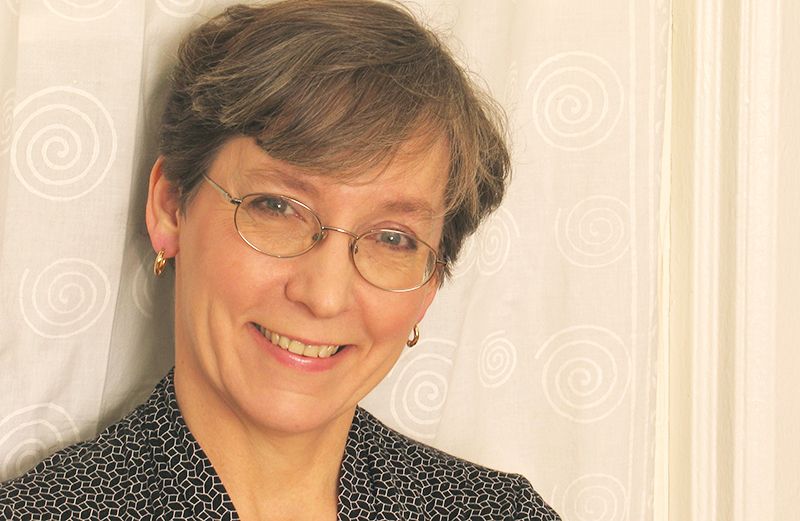I was feeling kind of annoyed—OK, hurt—that a friend in whom I’d confided a delicate problem hadn’t spoken to me for a while. Maybe she doesn’t want to be close to someone with that problem, I thought.
I pushed the idea aside, since I was already overwhelmed and didn’t have mental space for additional problems. But still, it rankled.
Then one day the friend texted to see if my son could play with her son in the park. I texted back, and as a habitual afterthought added, “How are you doing?”
She replied, saying things were chaotic since her husband had moved out three weeks earlier; the family was still adapting.
I was glad this news came via text rather than in person, so she couldn’t see the look of shame on my face. Her silence wasn’t about me and my problems at all. Her silence was a reflection of her own problems—problems I’d forgotten about, in the midst of my own.
Which only goes to show that there’s almost always an explanation other than the uncharitable one that first comes to mind.
Lord, help me assume the best about others.







